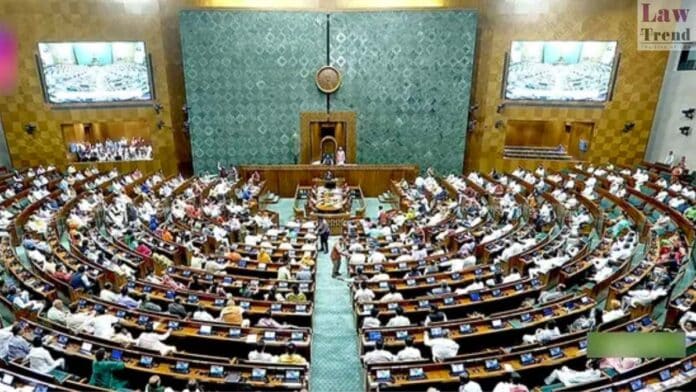The Rajya Sabha passed the controversial Waqf Amendment Bill with 128 votes in favour and 95 against, following its earlier approval in the Lok Sabha. This significant legislative action came after a spirited debate and has now been forwarded to the President for final ratification. The bill, which aims to amend the existing Waqf law
To Read More Please Subscribe to VIP Membership for Unlimited Access to All the Articles, Download Available Copies of Judgments/Order, Acess to Central/State Bare Acts, Advertisement Free Content, Access to More than 4000 Legal Drafts( Readymade Editable Formats of Suits, Petitions, Writs, Legal Notices, Divorce Petitions, 138 Notices, Bail Applications etc.) in Hindi and English.




